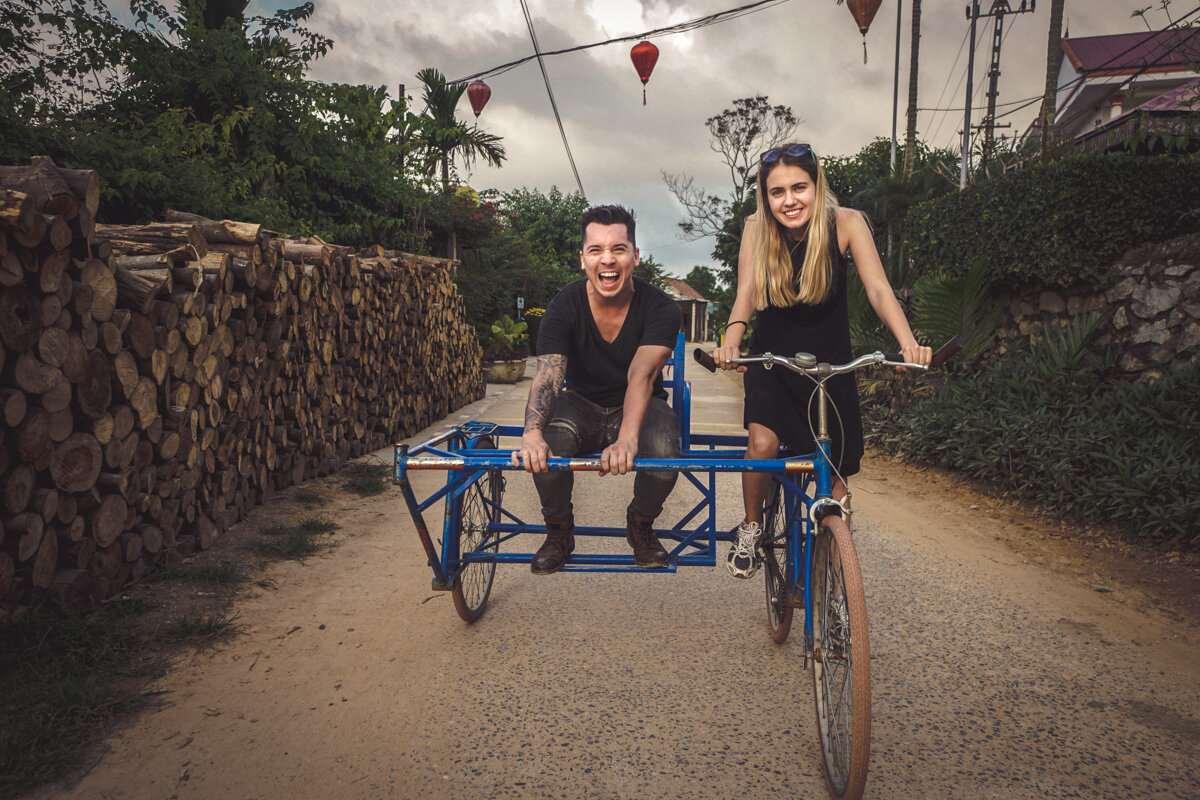Handling Travel Disruptions and Unexpected Incidents When Travelling
/Handling Travel Disruptions and Unexpected Incidents When Traveling
No one plans for their trip to go off track, but the reality of travel is that delays, disruptions, and unexpected incidents can happen when you least expect them. From missed flights to weather-related problems and logistical hiccups, it’s helpful to be mentally and practically prepared for anything. Being flexible and knowing what to do when something goes wrong makes a huge difference.
When you're far from home, small problems can feel big fast, but with a bit of preparation and the right approach, you can stay calm and make the best of a frustrating situation. Whether it’s a lost bag, a sudden illness, or something more serious, staying informed and level-headed goes a long way.
Stay up to date with your itinerary
Having access to real-time updates about your flight, train, or accommodation can help you act quickly if something changes. Many travel apps or airline tools will give you alerts about delays or cancellations, so it’s worth keeping those on your phone and checking regularly during the journey.
If something does go wrong, don’t panic. Speak to a real person if possible, whether it’s a gate agent, hotel desk clerk, or transportation officer because people are usually more helpful when they can talk directly with you.
Prepare for the unexpected before you leave
A bit of pre-travel planning can make disruptions far easier to deal with when they happen. Make digital and physical copies of your ID, insurance documents, tickets, and emergency contacts. Carry extra cash, a power bank, and some snacks; those little things can help you get through delays in airports or on long bus rides.
If you’re travelling somewhere remote or less developed, it’s also worth reading up on local emergency services and support options just in case something serious happens, such as small plane accidents in hard-to-reach areas.
Keep a flexible mindset when plans change
One of the best ways to reduce stress during a disruption is to treat it as part of the travel experience. Try to stay open to new options, like rerouting through another city or staying a night in a different hotel than originally planned. Flexibility lets you solve problems without feeling like the trip is ruined.
Delays and changes often lead to unexpected experiences, like discovering a new restaurant or connecting with other travellers who are in the same boat. Sometimes those are the moments you remember most.
Document everything during a disruption
If your travel plans get disrupted (especially if you’ve paid for services you didn’t receive) start documenting immediately. Take photos of departure boards, save receipts, and note who you spoke with and when. These records make it easier to file a claim with your travel insurer or seek compensation later on.
Having a written or digital accident checklist can also help if you’re in a situation that’s more than a basic delay.
Travel disruptions happen, but being ready with a clear head and a bit of planning helps turn stress into a manageable moment. Stay informed, stay flexible, and make sure you've got the support and info you need before you go. That way, unexpected problems won’t throw off your entire trip.



















